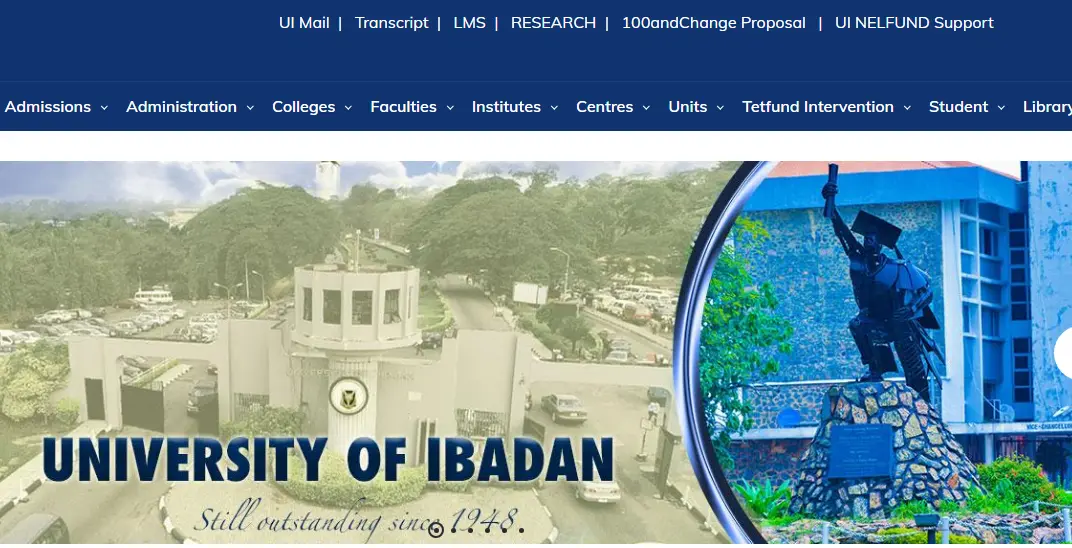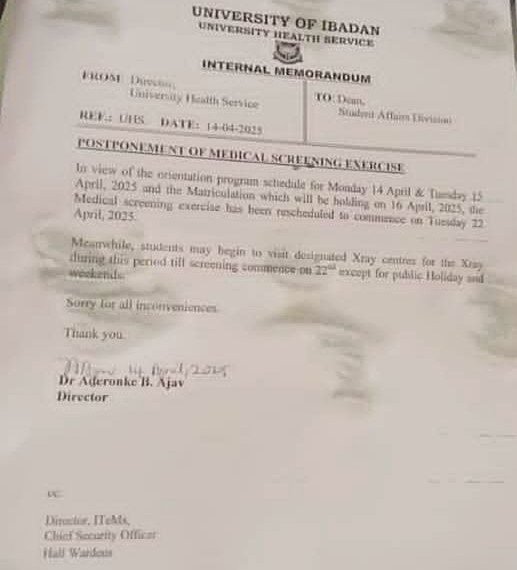With this change, the Nigerian Government aims to discard the 6-3-3-4 education system and replace it with a 12-4 model.
Moreover, it has requested the endorsement of the National Council on Education to formally establish 16 years as the minimum age for entry into tertiary institutions in the country.
During the extraordinary National Council on Education meeting held in Abuja on Thursday, Minister of Education Dr. Tunji Alausa disclosed this information.
The Dailylight Channel reports that the NCE serves as the primary policy-making authority in the education sector.
The meeting was attended by education commissioners from all 36 states and the Federal Capital Territory (FCT), as well as representatives from various agencies and parastatals related to the Ministry, along with development partners.
Related stories
According to the Minister, integrating secondary education into the basic education framework will provide students with a seamless learning experience until the age of 16.
Alausa mentioned that this new strategy aligns with global best practices.
He emphasized that the reform aims to lower dropout rates by removing financial and systemic obstacles that currently hinder students from finishing secondary education.
“By extending basic education to 12 years, we will establish a standardized curriculum that is consistently applied throughout the country,” Alausa stated.
“This will also allow for early exposure to vocational and entrepreneurial skills, equipping students for both higher education and the job market.
“Numerous developed countries have adopted similar systems where basic education lasts for 12 years, thereby ensuring that students obtain essential knowledge prior to specializing at the tertiary level.
“This reform will align Nigeria’s education system with international norms, leading to improved educational results and enhanced global competitiveness.”
He further asserted that this initiative would have substantial economic and social implications, noting that “educated youth play a crucial role in national progress.
“When students undergo an extended period of compulsory education, they are more adequately prepared to enter the workforce with relevant skills. This reform will also curb child labor and other social issues stemming from early school dropouts.”
He outlined several strategies for effectively merging secondary education into the basic education system, which include: policy reforms, expansion of infrastructure, teacher training and hiring, funding, and curriculum improvement.





